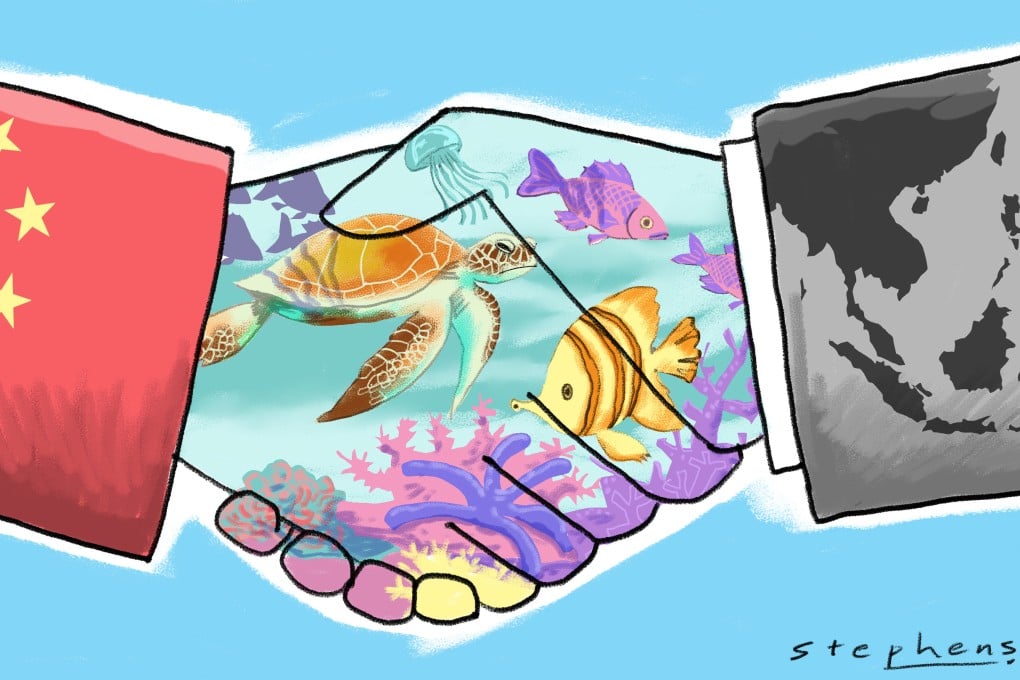Advertisement
Opinion | How cooperation on marine protection between China and Southeast Asian nations can reduce regional tensions
- Marine protected areas offer a potential solution to many of the threats facing the region’s oceans, including illegal fishing and habitat destruction
- They are also a non-threatening way for countries that have competing claims in the South China Sea to come together and work for mutual benefit
Reading Time:4 minutes
Why you can trust SCMP
1

Buoyed by its long coastline, beautiful bays, harbours and more than 3,000 islands, Vietnam understands – as do other coastal nations – the threats from climate change, illegal and unregulated fishing, rising sea levels and habitat destruction. While the tensions over sovereignty claims in the South China Sea still exist, Southeast Asian nations and China are embracing marine protected areas (MPAs) to support the health of the ocean.
Advertisement
The science is clear: create a place of refuge in which marine life can thrive and the results provide more fish for all. It’s a practice that is proving successful. In the face of dire environmental challenges, more governments are committed to protecting up to 30 per cent of the ocean territory by 2030. This is especially important in Southeast Asia, which is home to some of our planet’s most biologically diverse coral reefs.
A recent study in the journal Science on marine conservation confirms that although ocean ecosystems are complex and dynamic, the spillover benefits at Hawaii’s largest fully protected MPA supports the increased number of two migratory species, bigeye and yellowfin tuna.
This is significant since previous research cast doubt on the potential for MPAs to provide refuge for migratory fish. With the collapse of fisheries in the South China Sea, marine protected areas offer a safety net that is a non-threatening measure for claimant nations to get behind.
China knows it is in dangerous waters since it has entered the “ecological conservation redline”, which reflects Beijing’s urgency to protect marine spaces from development. In the past two decades, it has lost vast swathes of its mangrove cover and more than 80 per cent of its coral reefs.
Advertisement
In an era of rapid environmental shifts and unprecedented economic development, China has joined ranks with Southeast Asian countries in undertaking the roll-out of MPAs. Within these no-development zones, conserving and restoring degraded coastal ecosystems are priorities. This stepped-up protection of its designated marine areas is visible in its more than 270 MPAs.

Advertisement

